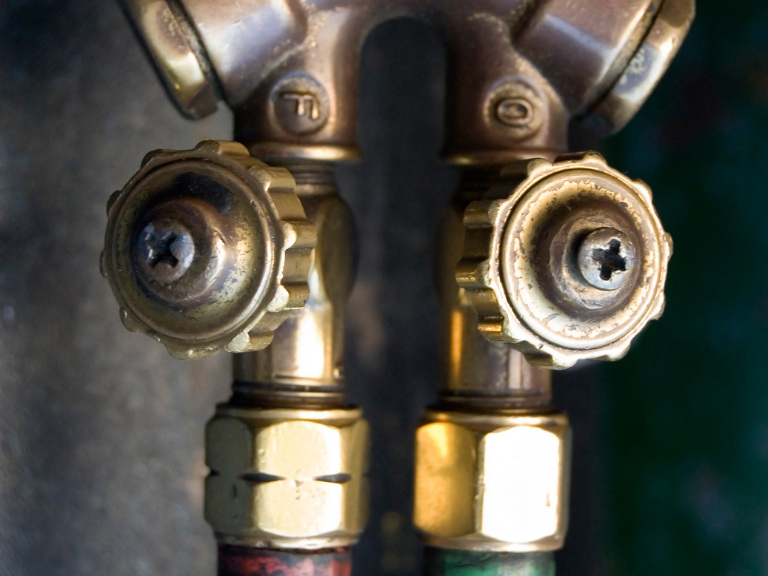
Did you know that preventative maintenance could save you from costly valve fixes in the long run?
Often, we find that preventative valve maintenance is a topic only brought up when a failure is reported; and sometimes, we’ll even identify major issues without any telltale signs at all. Faulty valves that have seized up, for example, have been known to damage other gas safety components – such as strainers and gauges.
The resulting damage can be timely (and costly!) for commercial gas engineers to repair. But a regular maintenance check could prevent damage from the offset.
As expert providers of gas and heating services, we understand the importance of regular valve maintenance at your commercial facility. Here’s what you need to know!
What Happens If Valves Aren’t Working As They Should?
Valves are vital equipment. They’re under constant pressure, and are critical to the safe operation of any oil and gas device. But despite this, they’re often one of the most overlooked areas in general maintenance.
When seized up, they can damage other gas and heating components throughout your building. And when they rust, they can lead to blockages and dry outlets.
Commonly, these major issues can result in end of life for heating units, cylinders and boilers as they run dry; an issue that will most certainly eat into any reactive maintenance budget, and require the expertise of a commercial gas engineer.
How Can Facilities Managers Conduct These Checks Themselves?
For regular maintenance, the support of a commercial gas engineer isn’t necessary. In fact, facilities managers can conduct valve maintenance themselves by swivelling the spindles to make sure the mechanical movements are still working as they should be.
But don’t just leave your checks until winter! Despite popular belief, seized or faulty valves can occur at any time. And rusting isn’t an issue only seen in colder weather.
Checked weekly, all-year-round, you can ensure that you’re not hit with an unexpected valve failure and repair bill that hasn’t been budgeted for.
Can I Extend The Efficiency Of My Facility’s Valves?
Regular maintenance is key to efficiency! But alongside maintenance, our team of commercial gas engineers recommend three measures to extend the lifespan of your facility’s valves.
- Keep them clean by scrubbing the exterior of the valve with a brush.
By stopping dust and grime from building up, you can ensure the smooth motion of other moving parts.
- Prepare for any outcome.
As failures and malfunctions do sometimes happen, make sure you have a reactive maintenance budget on hand at all times.
- Always maintain your valve’s surrounding parts.
It can be easy to just focus on the health of your valve, but surrounding maintenance should also be conducted to ensure the health of your overall system.
So, What Are The Benefits Of Valve Preventative Maintenance?
While valves are built to withstand continuous operation, regular gas safety checks must be provided to ensure they are working safely and efficiently.
With preventative maintenance, you can:
- Keep your valves working better, for longer.
- Enhance the safety of your equipment and personnel.
- Save money, by reducing the cost of expensive call-outs.
- Reduce the need for emergency and planned shutdowns.
- Reduce up to 60% of your facilities fugitive emissions.
Looking for a commercial gas, heating or water engineer in Basingstoke? At LJS Gas and Heating, our expert commercial gas engineers support facilities managers with regular maintenance, repair requirements, installations and beyond. To find out more about our gas and heating services, contact our team.

